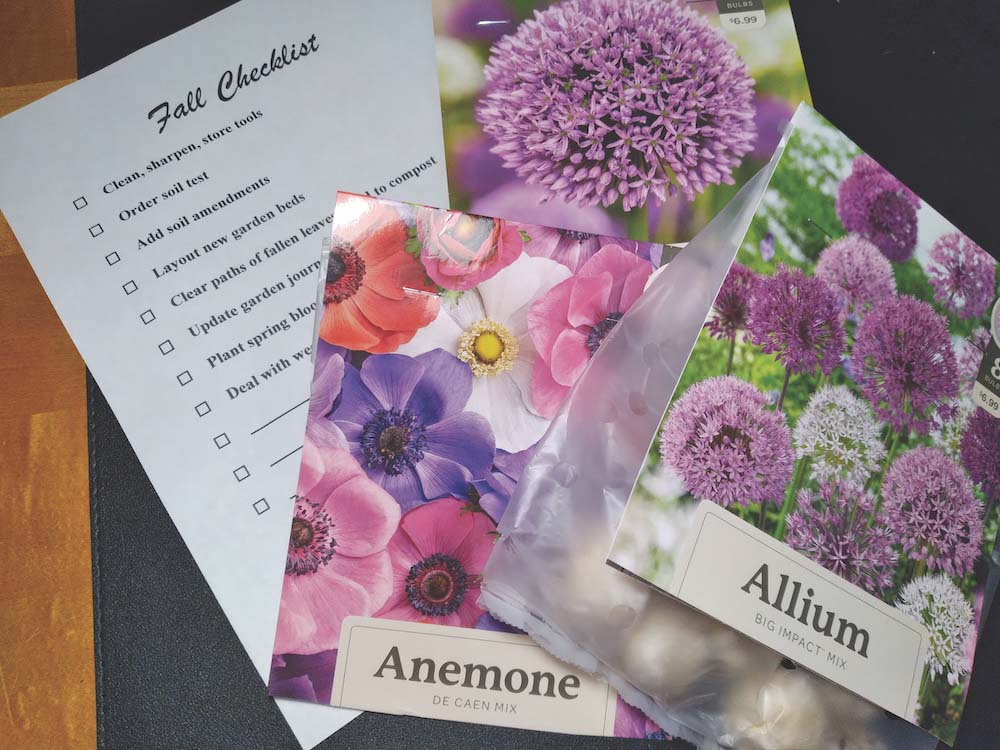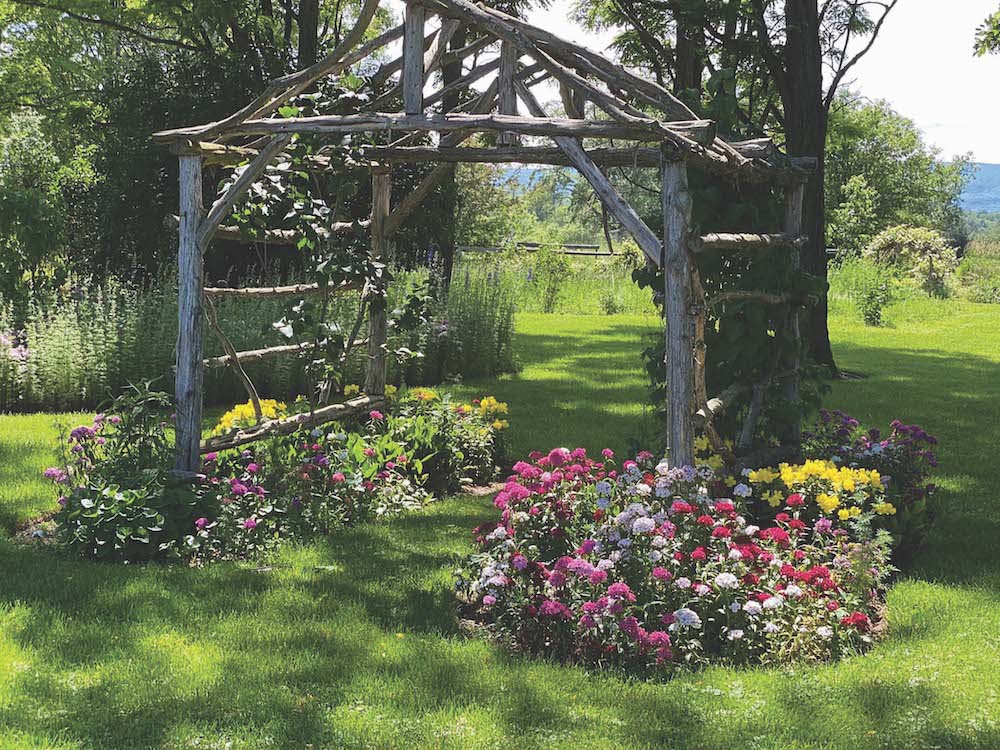Ask a Master Gardener: All about growing hellebores
April 11, 2024
Ask a Master Gardener: Is it too late to prune fruit trees?
March 21, 2024
Ask a Master Gardener: How to attract bluebirds
March 7, 2024
Ask a Master Gardener: Cold frames as season extenders
February 29, 2024
Ask a Master Gardener: Winter survival tips for gardeners
February 22, 2024
Ask a Master Gardener: Growing your own perennials
February 15, 2024
Ask a Master Gardener: Get ahead by planting seeds indoors
February 1, 2024
Ask a master gardener: Know your zones
January 18, 2024
Ask a Master Gardener: Call the garden helpline
January 11, 2024
Ask a Master Gardener: Think outside the flower box
December 14, 2023
Ask a master gardener: Hibernating houseplants
November 16, 2023
Ask a master gardener: It’s time to plant garlic
November 9, 2023
Ask a master gardener: Plan a spring garden this fall
October 26, 2023
















